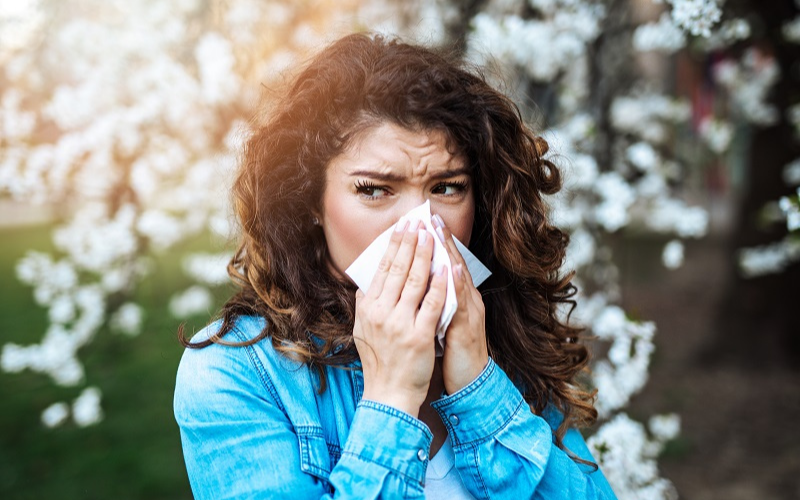
Dr. Chong, medical director of the Allergy and Immunology Clinic at Valley Medical Center, addresses commonly asked questions about allergy symptoms, COVID-19, treatments for allergies, and when to seek care.
- What are seasonal allergies?
- How do people tell the difference between seasonal allergies, a cold and COVID-19?
- How can people manage their seasonal allergies?
- What are some of the over-the-counter treatments that might be helpful or not so helpful?
- If treatments you’re trying at home aren’t as effective as you’d like, when is it a good time to see a primary care provider or an allergist?
- What about a recent study that suggested that those with asthma or allergies might be less likely to get severe COVID-19 infections?
- Are all symptoms of nasal congestion, runny nose, sneezing and post-nasal drip due to seasonal environmental allergens?


Excellent presentation… Thank you so much. Question: My pollen allergies tend to dry my nose and mouth causing a stuffy nose. The exception occurs upon rising in the morning where my nose runs for the first few rising hours and then dries and stays dry throughout the day. Using a saline nose spray helps very effectively and eye drops, tear drops type, also aids for the drying eyes. So, is this a good indicater of pollen allergy? It seems that most of the allergy info going out hardly ever touches on the dryness that occurs during allergy season.
Hi Arnold, We sent your question to Dr. Chong and she said that nasal dryness isn’t a typical symptom for pollen allergies. It might be due to other environmental factors, like weather change. Per Dr. Chong, the best way to determine if pollen allergies are a cause for symptoms is through allergy testing.